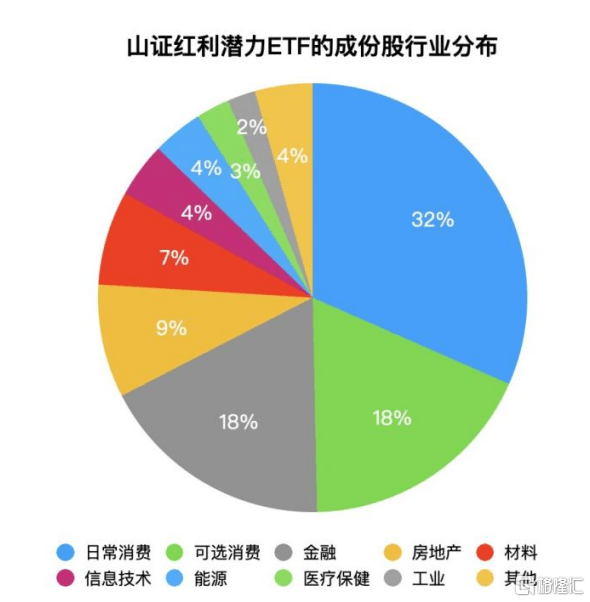The EU Commission has presented a draft law on dealing with artificial intelligence. The main focus is on the regulation of AI applications that are associated with risks for humans.
From Matthias Reiche, ARD studio Brussels The potential of artificial intelligence, or AI for short, is great. As are the risks associated with AI. The EU Commission therefore wants to create trust with clear rules, says Vice President Margrethe Vestager. “Our proposal is therefore not concerned with the AI itself, but with its applications.” The EU Commission has chosen a proportional and risk-based approach based on a simple logic: “The higher the risk of a specific type of use of the AI, the stricter the rules.”
Four categories of “hazard potential”
On this basis, Brussels has drawn up four categories into which the individual applications can be classified. In the opinion of the EU Commission, most AI systems fall into the categories of “small” or “no” risk, such as video games or filters for spam messages. The bill does not provide for any regulations here. However, even with the more harmless applications, it should always be completely clear when you are dealing with artificial intelligence in a telephone hotline, for example. But you have to be particularly vigilant with the so-called high-risk applications, explains Commission Vice-President Vestager: “For example, this is about AI that is used to select applications for university or a job. It can also be about systems that the creditworthiness of evaluate someone. Or software that is used in self-driving cars or in medical products, which could also pose a risk to our safety. ” In these cases, the respective providers must guarantee that their product complies with the rules. There should be precise documentation for the development and use of such systems, as well as precise control of the data used. The use of artificial intelligence in generalized surveillance or manipulation of the population is completely forbidden, as is so-called social scoring, in which people are rated on the basis of their social behavior.
Biometrics inadequately regulated?
The FDP politician Nicola Beer is still not really satisfied with the paper. Because it lacks a clear ban on facial recognition in public spaces, as the Vice-President of the EU Parliament criticizes: “The current draft would enable mass surveillance with the help of biometric AI algorithms. In my opinion, a red line will be crossed here. We must not allow this . ” Patrick Breyer, who sits for the Pirate Party in the EU Parliament, sees it similarly: The new AI law can also be interpreted by the EU countries, for example in criminal prosecution, in such a way that it enables biometric mass surveillance where it is illegal today . “The fact that the Commission wants to enable mass surveillance of our telecommunications and biometric mass surveillance to a large extent is completely unacceptable.” The draft has yet to be approved by the EU Parliament and the Council of Member States. This legislative process can take up to two years.





























































You must log in to post a comment.